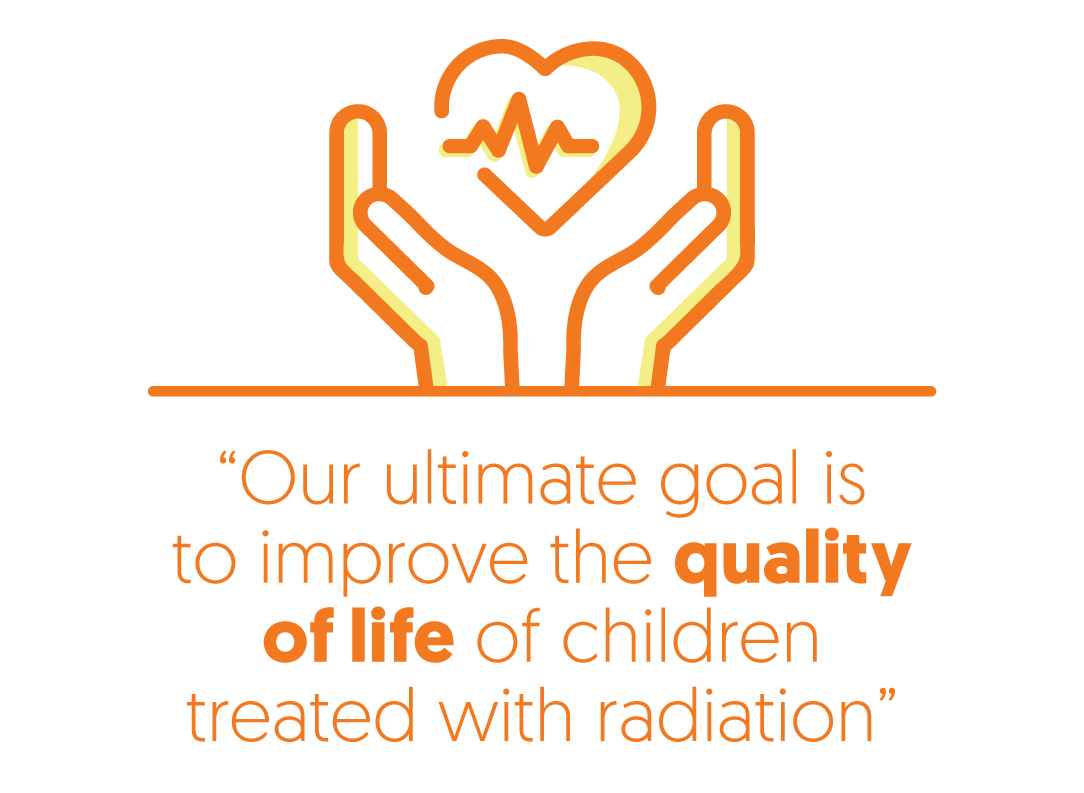HIGHLIGHTS
Radiation vibes
2019 saw the launch of HARMONIC, a European project to investigate potential health effects of medical radiation in children
The use of medical radiation for disease diagnosis or treatment has greatly increased the survival of paediatric patients, particularly those with cancer or heart defects. However, it comes at the cost of exposing healthy tissues to low or moderate doses of ionising radiation, of which the long-term effects remain to be investigated in the context of rapid technological improvements. “It is important that we better understand the health effects of such exposures in early life, in order to optimise treatment in these young patients and reduce the risk of toxicities later on,” says Isabelle Thierry-Chef, researcher in the Radiation programme and project coordinator.
Building valuable cohorts
The five-year project brings together 24 European partners to better understand the long-term health effects of medical exposure to ionising radiation in children, specifically those undergoing radiotherapy (including proton therapy) for cancer or X-ray-guided imaging for cardiac interventions. HARMONIC will build European cohorts and registries for the long-term follow-up of these patients and thereby provide the medical and scientific communities with the necessary tools to reconstruct doses and investigate the late health effects of having been exposed early in life to a wide range of radiation doses. HARMONIC will create the first European cohort with biosamples of children and young adults treated with modern radiotherapy techniques and cardiac fluoroscopy, with the aim of investigating possible biological mechanisms and potential biomarkers that can be used for predicting the appearance or progression of adverse health effects in these patients.
“We want to develop a close relationship with clinicians, sociologists and patients to ensure the project’s impact on the patients’ quality of life,” says Thierry-Chef.
Overall, the project should provide much-needed information on the effects of low to moderate doses of radiation on humans and help improve radiological protection in medicine.
HIGHLIGHTS
Radiation vibes
2019 saw the launch of HARMONIC, a European project to investigate potential health effects of medical radiation in children
Photo: Markus Spiske / Unsplash.

The use of medical radiation for disease diagnosis or treatment has greatly increased the survival of paediatric patients, particularly those with cancer or heart defects. However, it comes at the cost of exposing healthy tissues to low or moderate doses of ionising radiation, of which the long-term effects remain to be investigated in the context of rapid technological improvements. “It is important that we better understand the health effects of such exposures in early life, in order to optimise treatment in these young patients and reduce the risk of toxicities later on,” says Isabelle Thierry-Chef, researcher in the Radiation programme and project coordinator.
Building valuable cohorts
The five-year project brings together 24 European partners to better understand the long-term health effects of medical exposure to ionising radiation in children, specifically those undergoing radiotherapy (including proton therapy) for cancer or X-ray-guided imaging for cardiac interventions. HARMONIC will build European cohorts and registries for the long-term follow-up of these patients and thereby provide the medical and scientific communities with the necessary tools to reconstruct doses and investigate the late health effects of having been exposed early in life to a wide range of radiation doses. HARMONIC will create the first European cohort with biosamples of children and young adults treated with modern radiotherapy techniques and cardiac fluoroscopy, with the aim of investigating possible biological mechanisms and potential biomarkers that can be used for predicting the appearance or progression of adverse health effects in these patients.
“We want to develop a close relationship with clinicians, sociologists and patients to ensure the project’s impact on the patients’ quality of life,” says Thierry-Chef.
Overall, the project should provide much-needed information on the effects of low to moderate doses of radiation on humans and help improve radiological protection in medicine.









